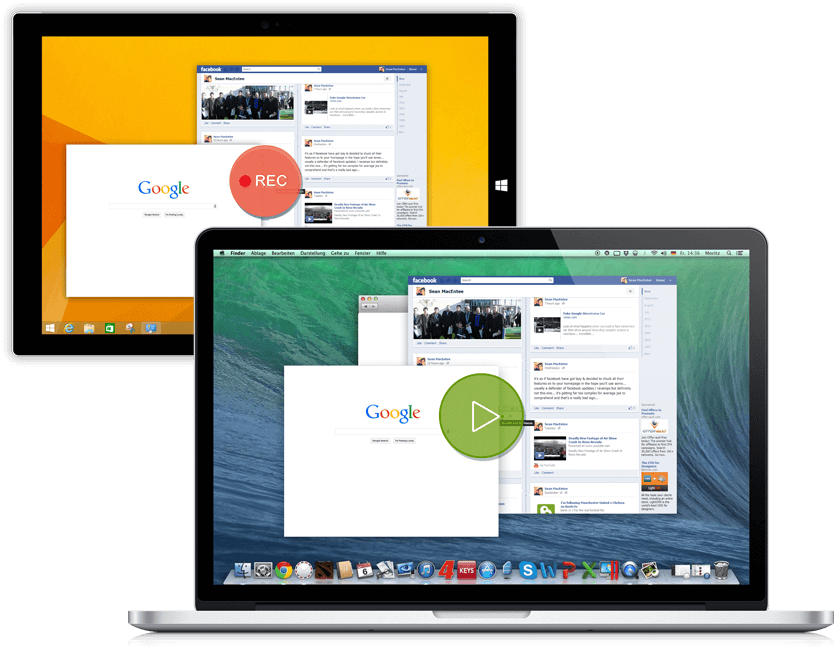Employers are often frustrated by the fact that some of their employees may be wasting a lot of time on online activities that aren’t work related – whether it is checking Facebook updates, watching videos on YouTube, or idly browsing the web. To curb that, many employers are starting to monitor online activity using tools such as WorkExaminer, so that they can identify and stop any internet use that isn’t work related.
Although that may sound reasonable from an employer’s standpoint, the fact of the matter is that monitoring employees’ online activity does tend to have negative connotations. In some cases employees may even feel that they’re being spied on in an invasion of privacy, and it can affect morale or create further issues that will impact productivity further.
That is why it is important to take steps to avoid going too far, while at the same time effectively using WorkExaminer to monitor online activity and improve productivity:

1. Be Upfront with Employees about Monitoring
Nothing is worse than ‘secretly’ monitoring employees, which is why you be upfront about it right from the start. That encompasses two areas in particular: Informing employees about exactly how WorkExaminer will be tracking their online activity, and also coming up with a written policy regarding the monitoring that will take place.
Try to be as clear as possible about what WorkExaminer will track, and why it will do so. In some cases you may only be tracking browser history and software usage, but in others you may use WorkExaminer’s features to record keystrokes or capture screenshots of employees’ desktops. In each case employees should be made aware of why those measures are being implemented.
2. Don’t Implement Measures that are Unreasonable and Ineffective
Any monitoring that is carried out using WorkExaminer should be designed in a manner that is reasonable and most likely to be effective. For example, blocking out social media completely to increase productivity may be an exercise in futility considering employees will probably be able to check it on their smartphones.
The more reasonable the measures you introduce are, the more likely your employees won’t feel that it is an invasion into their privacy, or freedoms.
3. Encourage Feedback and Consider Employees’ Input Carefully
When implementing monitoring, you should provide an avenue for your employees to issue feedback, and encourage them to do so. If necessary you may even want to consider making any feedback anonymous – to assure them further.
Not only will this give employees the chance to be heard, but it could help you to increase the effectiveness of your monitoring and boost productivity. Be sure to consider any input carefully, and perhaps even have an open-discussion about what sort of monitoring WorkExaminer should be used for.
4. Prevent Instead of Penalizing
At some point as you go through the reports WorkExaminer generates you may come across signs of improper internet usage. Rather than penalizing employees however, it is better to take preventative measures instead.
Sending out companywide emails reminding employees of internet usage policies, or in more extreme cases communicating with any offenders directly can help stem misuse.
If you ensure that you don’t go too far when monitoring employees with WorkExaminer, you should be able to reap the benefits of doing so and see an increase in productivity and a reduction in improper internet usage. Now that you have some ideas on how to monitor more effectively, that should give you a place to start. At the end of the day with the right approach, WorkExaminer could dramatically reduce time wasted on online activities that aren’t work-related.
The post 4 Tips to Monitor Employees’ Online Activity Without Going Too Far with WorkExaminer appeared first on MobiPicker.
(66)